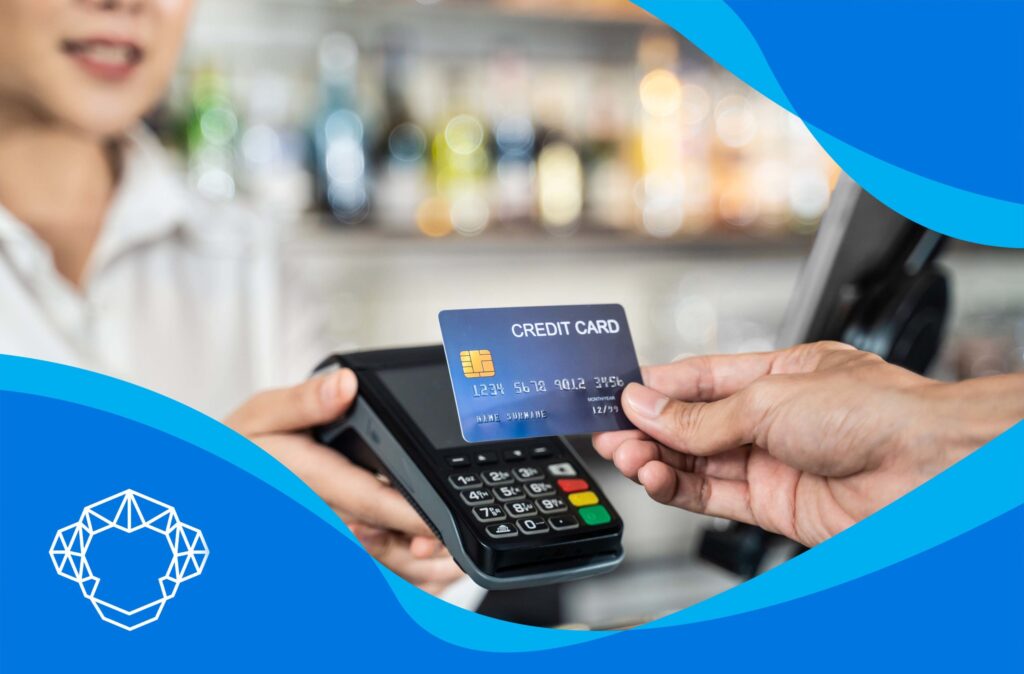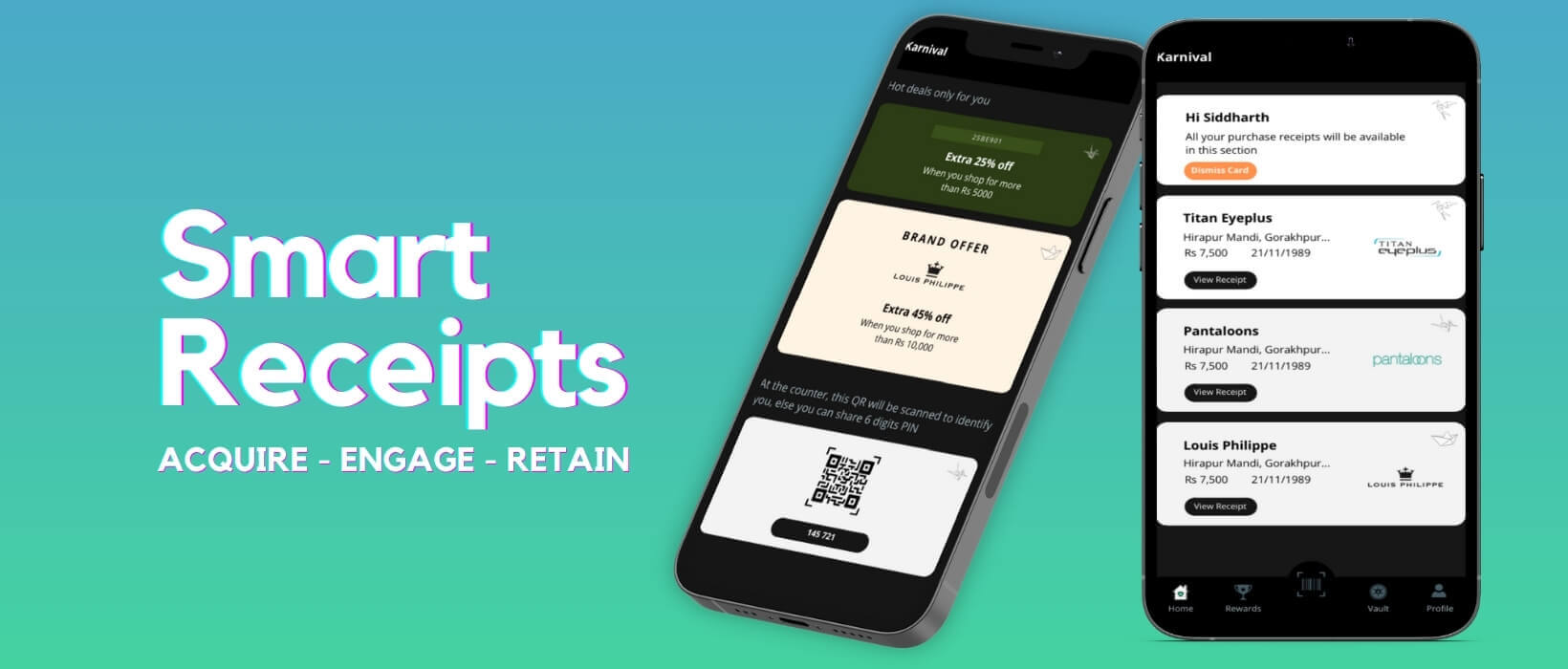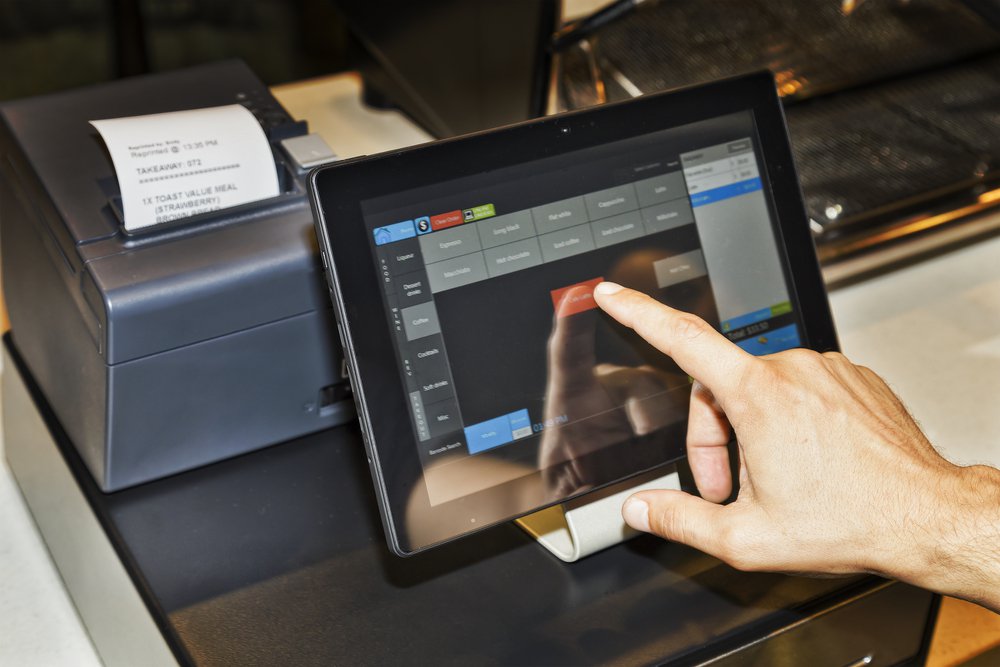Invest in a POS System and Watch Your Profits Soar

In today’s fast-paced business environment, efficiency and accuracy are key drivers of success. A Point of Sale (POS) system, which serves as the central hub for your sales, inventory, and customer data, is no longer a luxury but a necessity for businesses looking to thrive. Investing in a robust POS system can revolutionize your operations and significantly boost your profitability. Let’s explore how this transformative technology can help your business achieve new heights.
Streamlined Operations for Greater Efficiency
One of the primary advantages of a POS system is the automation of routine tasks. From tracking inventory to generating detailed sales reports, a POS system simplifies operations, allowing you to focus on growth. With real-time data updates, employees can access accurate information instantly, reducing errors and delays. For instance, if you’re running a restaurant, the system can send orders directly to the kitchen, speeding up service and enhancing customer satisfaction.
Moreover, modern POS systems come with integrated employee management features. You can track staff performance, monitor work hours, and even identify peak business times to optimize scheduling. These efficiencies reduce operational costs and free up resources to reinvest in your business.
Improved Inventory Management
Inventory management is often a pain point for businesses, especially those with extensive product catalogs. A POS system simplifies this process by keeping an accurate, real-time record of your stock levels. You can set automatic alerts for low inventory and generate purchase orders directly from the system. This minimizes overstocking or understocking, both of which can eat into your profits.
For example, if you own a retail store, knowing which items are fast-moving allows you to reorder in time to meet demand. Conversely, identifying slow-moving products can help you strategize discounts or bundle deals to clear excess stock. The result is better cash flow management and reduced waste, both of which contribute to increased profitability.
Enhanced Customer Experience
A happy customer is a returning customer, and a POS system can greatly enhance the shopping experience. Features like faster checkouts, multiple payment options (including contactless and mobile payments), and personalized service make transactions seamless and enjoyable.
Many POS systems also include Customer Relationship Management (CRM) tools that track purchase history and preferences. This data enables you to offer targeted promotions, loyalty programs, and personalized recommendations, fostering stronger customer relationships. Improved customer satisfaction not only increases repeat business but also encourages word-of-mouth referrals, driving new customers to your door.
Data-Driven Decision Making
The saying “knowledge is power” holds true for business success. A POS system provides detailed analytics and reports that give you valuable insights into your operations. From identifying best-selling products to analyzing peak sales periods, this data helps you make informed decisions.
For instance, if sales reports reveal that certain items sell better during weekends, you can adjust your marketing strategies or stock levels accordingly. Similarly, understanding seasonal trends allows you to prepare promotions in advance, maximizing revenue during high-demand periods. These data-driven strategies ensure you’re always one step ahead of market trends, boosting profitability.
Scalability and Adaptability
As your business grows, so do its complexities. A modern POS system is scalable, allowing you to add new features or integrate with other software as needed. Whether you’re expanding to multiple locations or venturing into e-commerce, your POS system can adapt to meet your evolving needs.
For example, cloud-based POS systems allow you to manage all your locations from a single platform. Inventory, sales, and employee data can be accessed and updated in real time, ensuring consistency across your operations. This scalability not only simplifies management but also helps you maintain profitability as you scale.
Fraud Prevention and Compliance
Security and compliance are critical concerns for any business. A good POS system comes with advanced security features like encryption and user access controls to protect sensitive data. Additionally, it simplifies compliance by generating accurate tax reports and maintaining detailed transaction records, saving you time and reducing the risk of errors.
By reducing instances of fraud and ensuring compliance, your business can avoid costly penalties and maintain a reputation of trustworthiness, further enhancing your profitability.
The Cost of Not Investing
While the initial cost of implementing a POS system might seem high, the long-term benefits far outweigh the expense. Businesses that rely on outdated methods often struggle with inefficiencies, inaccuracies, and lost sales opportunities. In contrast, investing in a POS system sets the foundation for sustainable growth and profitability.
Consider the cost of manual errors, slow checkouts, or missed sales opportunities due to stockouts. These inefficiencies add up over time, eroding your bottom line. A POS system eliminates these issues, ensuring you operate at peak efficiency and maximize revenue.
Conclusion
Investing in a POS system is not just about keeping up with technology; it’s about transforming your business for the better. By streamlining operations, improving inventory management, enhancing customer experiences, and enabling data-driven decision-making, a POS system can significantly boost your profits.
Whether you’re a small business owner or managing a growing enterprise, the benefits of a POS system are undeniable. Make the leap today and watch your business soar to new levels of success. Your investment will pay off in the form of higher efficiency, improved customer satisfaction, and, most importantly, increased profitability.





